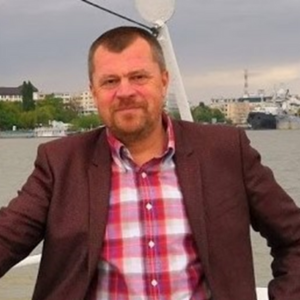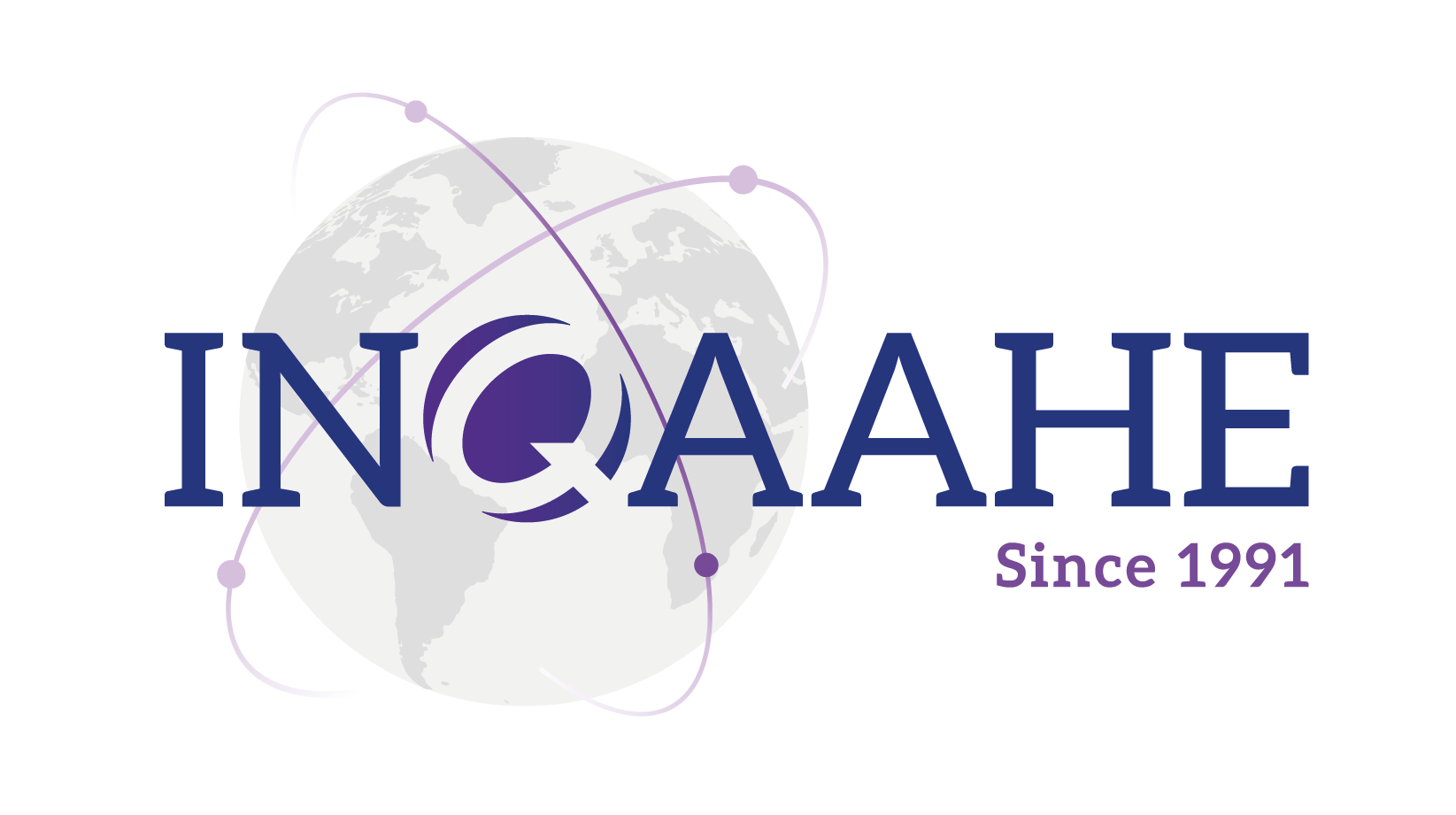
INQAAHE Forum 2024
Transforming Society: Social Reponsibility trough Quality Assurance of Tertiary Education
June 12, 2024
Roundtable
Sub-theme 4: Fostering Opportunities for All Ages
External quality assurance mechanisms to support the quality of blended and distance learning in tertiary education to foster learning opportunities for individuals of all ages. The Romanian approach.
In recent years, the field of education and teaching practice have gone through significant curricula, structural, taxonomic and pedagogical changes as well as policy reforms. As a consequence of that educators and the Education Ministries had to keep updating and adapting instructional innovations to make teaching more effective, learning more inclusive and instructional strategies more efficient.
These changes were driven by significant technological advancements, so the educators were increasingly challenged to migrate and design contents and learning models to help digital native students engage with their learning in deep interactive ways. From this perspective, the proposal paper reviews of QA of Distance and the Blended Instructional Methods, adopted by ARACIS in the Romanian Higher Education system. It recommends strategies and migration objectives, from traditional instructional models to a more efficient, flexible and interactive learning models.
This proposal topic aims at contribution to the discuss on the changing Taxonomy of Education and developing learning models that could help students engage with their learning in deeper, more interactive, flexible and social contextual ways. The blended learning model proposed by ARACIS through its EQA provisions, provides supplementary support, flexible instructional design and reliable assessment process for those with time and access opportunity disadvantages. EQA standards for blended learning models have to incorporate the following attributes: engaging content that gets students interested and involved, chunking strategies to help students develop new skills, checks for understanding and assessments that align with learning outcomes.
The aim of the session is to present the practical and results-oriented approach adopted by ARACIS to ensure the quality of blended and distance learning study programmes offered by Romanian HEI.
Facilitated by:
Iordan Petrescu – Professor CEng, PhD
Iordan Petrescu is a full professor at Technical University of Civil Engineering in Bucharest, holding a PhD in Civil Engineering with a specialization in bridges, where he has made remarkable contributions to the field, including developing innovative bridge design methods. He has extensive experience in distance education, dating back to 1991 when he implemented the first course for training road technicians. Serving as president, with some interruptions, he led and coordinated the activities of the Commission for Distance Education and Part Time Learning within the Romanian Agency for Quality Assurance in Higher Education (ARACIS), from 2000 to the present. From 2013, for 9 years, he served as president of ARACIS, where he developed and implemented specific methodologies and standards for quality assurance in higher education and distance education. He was responsible for and coordinated a significant number of projects related to the improving public policies in higher education and enhancing the quality of regulations by updating quality standards.
 Prof. Dr. Mircea NEAGOE
Prof. Dr. Mircea NEAGOE
Mircea Neagoe is full professor at Transilvania University of Brasov and member of the Renewable Energy Systems and Recycling R&D Center within the Faculty of Product Design and Environment. He has over 20 years of experience on distance and online learning, with a special focus on e-learning platforms. He managed for 10 years (2002-2012) the Distance Learning Department in Transilvania University of Brasov and since 2007 he is member of the Permanent Speciality Experts’ Commission of ARACIS for distance learning (DL) and part-time learning (PTL) education. He participated in external quality evaluation of over 10 higher education institutions in Romania, over 200 bachelor & master study distance and part-time learning programs, over 10 full-time study programs. He contributed to the elaboration of the specific DL&PTL quality evaluation standards within ARACIS, and participated in various project on quality assessment and accreditation in higher education (Qualitas, Qafin, etc.).
 Alexandru CHIȘ, PhD. Assoc. Prof.
Alexandru CHIȘ, PhD. Assoc. Prof.
Alexandru CHIȘ, Assoc.Prof.PhD. within the Babeș-Bolyai University, Faculty of Economic Sciences and Business Administration, has an important experience in the field of quality assurance, in the field of higher education institutions, being since 2007 also an expert evaluator within ARACIS, a permanent evaluator within commission 13 ID/IFR, from the same quality assurance agency. He managed distance education within Babeș-Bolyai University in Cluj-Napoca. He participated as an expert in several projects financed by European funds, an example being QAFIN, which aimed, among other things, to implement the external evaluation methodology of study programmes and higher education institutions in România, including distance education and with part time/low frequency. His experience within UBB and ARACIS was valued especially in the field of distance education and with reduced frequency through the evaluations carried out, but also participation in the development of regulations related to quality assurance within his own university, including at the national level within ARACIS.
 Florin MIHAI, PhD. Professor
Florin MIHAI, PhD. Professor
Florin MIHAI is the Director of the Management Information Systems Department at the Bucharest University of Economic Studies and teaches courses in: Financial and Accounting Databases, ERP Systems, and Software Robots for Business Process Automation (RPA). Since 2022, he has been a member of the Council of the Romanian Agency for Quality Assurance in Higher Education (ARACIS). Between 2010 and 2021, he was a member of the ARACIS Standing Expert Commission on Distance Learning and Part-Time Education. From 2008 to 2013, he was the coordinator of the development team for the university management information system at the Bucharest Academy of Economic Studies (he is currently part of the maintenance team). He has participated in several development teams for IT platforms in education, finance, accounting, and others. Regarding his research activities, he has primarily focused on educational IT platforms, ERP systems, and ensuring sustainability through digitalization.
If you have any question about the event, please do not hesitate to contact INQAAHE and/or the Forum host, ARACIS.



